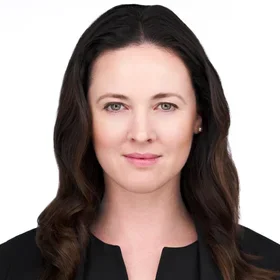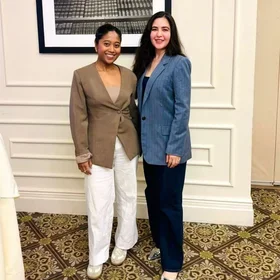A couple of years ago, Erick Waage (’18SPS, Technology Management) invented the Cyber Capability Rifle using nothing more than $150, the help of two colleagues, and 10 hours. The device shoots electromagnetic waves that knock enemy drones out of the sky. Immediately, the invention was recognized as “the future of high-tech warfare.”
While continuing his research at the Army Cyber Institute, Waage found time to get his Executive Master of Science in Technology Management degree from Columbia University’s School of Professional Studies—and land a position at Amazon. He recently told us his story and advice for military veterans.
How did you get interested in cybertechnology?
As Chief of Technical Operations for the 75th Ranger Regiment, I was able to explore cybertechnology deeply. I was responsible for up to 300 soldiers during special operations missions: leading reconnaissance, surveillance, and target acquisition.
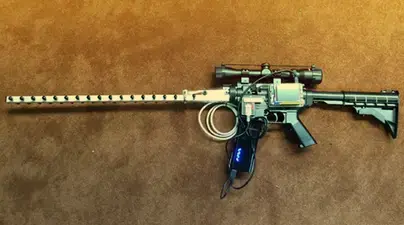
Tell me about the Cyber Institute at West Point.
I had a lot technology experience in the field from my deployments. At the Cyber Institute, I brought that together with the faculty’s academic expertise. Currently, I’m doing research in Defense Innovation Unit Experimental, developing cyber-defense against asymmetric threats. The rifle came out of that effort—we’ve have demonstrated our work directly to the Secretary of Defense and the Army Chief of Staff.
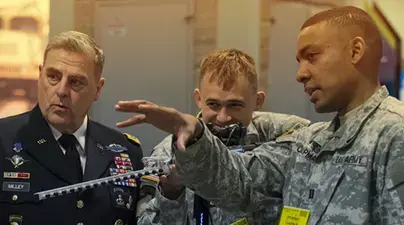
With your experience from Army institutions, why did you choose the Technology Management program at Columbia?
The Technology Management program teaches people with high leadership potential how to align human and tech workflows. It’s what CIOs are interested in, and that’s what I do for Amazon.
SPS exposed me to the intersection of business and technology beyond the military. My peers are experts in their own fields, and I was able to take classes at Columbia Business School and Teachers College. That helped me learn new concepts, as well to develop leadership skills for the civilian world.
Did that lead to Amazon?
Just like the Army, Amazon has to build interactions between humans and technological networks. Humans are messy. Networks are logical. As Operations Manager, I work between those two layers to align and balance them.
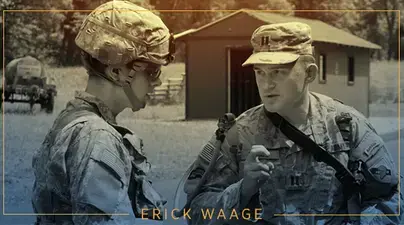
Do you have advice for veterans who are transitioning out of the military?
In the Army, we’re all about mitigating risk. Master’s programs mitigate the risk of transitioning to the career world. Amazon took notice of my Columbia graduate work when interviewing me. And veterans should take advantage of the Yellow Ribbon Program to finance their education.
Perhaps most important is this: I—and many other veterans—have experienced very intense things during deployment. That can make your past feel very abstract, very unstructured.
Columbia gave me models and concepts that I used to structure my past experiences in a way that made sense. That’s what education does for veterans.
